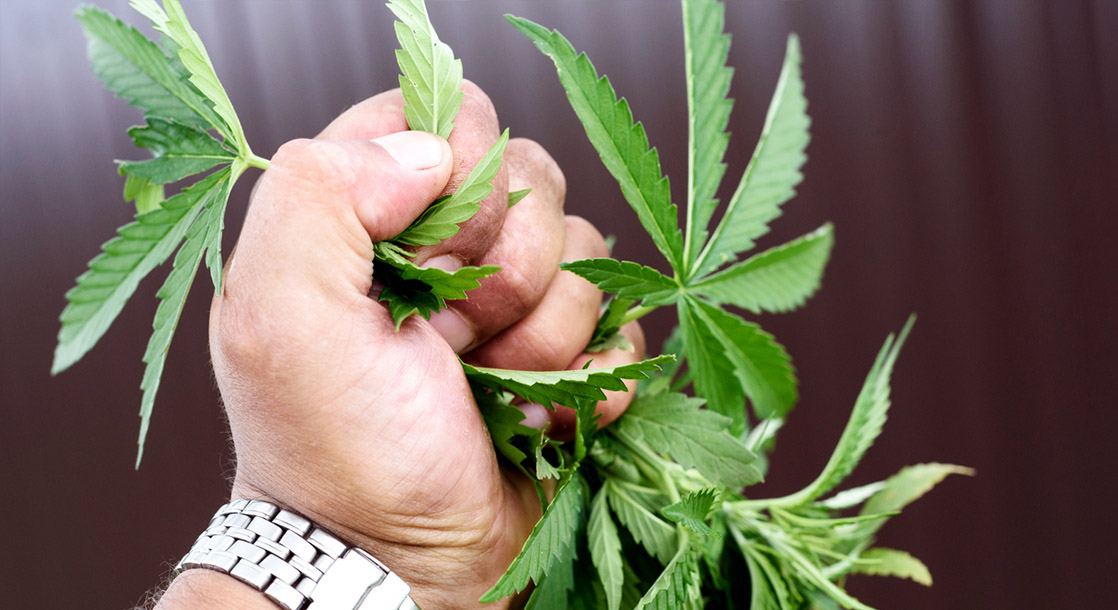The Governor of Maryland has issued over 175,000 pardons for marijuana convictions, aiming to correct past injustices and reduce racial disparities in the criminal justice system. This move could enhance economic stability by improving job, housing, and education opportunities for those affected.
In a groundbreaking move, the Governor of Maryland has issued over 175,000 pardons for individuals with marijuana convictions. As a result, Maryland could see a significant shift in its approach to cannabis-related offenses. This massive pardon reflects a growing recognition of the changing societal attitudes toward marijuana and its legalization.

This action, unprecedented in its scale, aims to correct past injustices that disproportionately affected minority communities. Historically, enforcement of marijuana laws has not been uniform. It has often disproportionately impacted African American communities despite similar usage rates among white populations. By clearing these records, Maryland is not only alleviating the burden on thousands of individuals but is also taking a step towards rectifying systemic racial disparities in the criminal justice system.
Additionally, the economic implications of these pardons are profound. Many individuals with criminal records find it challenging to secure employment, housing, and educational opportunities. With their records cleared, pardoned individuals will have more opportunities to integrate fully into society, contributing to economic growth and stability in their communities. This move could potentially unlock a significant workforce, driving economic activity and increasing tax revenues.

Moreover, the mass pardon could influence other states to reevaluate their stance on marijuana convictions. As public opinion continues to shift towards a more lenient view on cannabis use, other states could consider similar measures. Nationally, this move could foster a more uniform approach to cannabis legalization and criminal justice reform.
In short, issuing the 175,000 marijuana-related pardons marks a pivotal moment in the debate over cannabis laws and criminal justice. Governor Moore’s decision serves as a powerful statement about Maryland’s commitment to fairness and progress in adapting to new societal norms. As this policy takes effect, it will potentially encourage reform in other regions and set a precedent for national changes.











